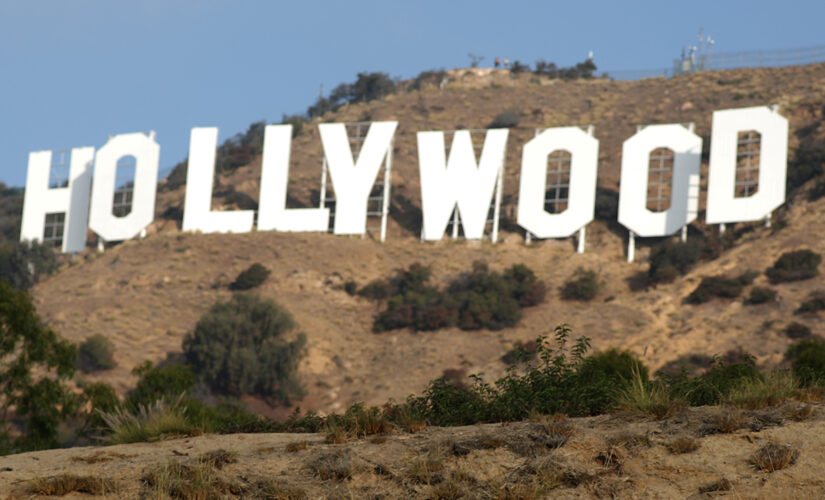NEWYou can now listen to Fox News articles!
Hollywood’s dependence on revenue generated through Chinese markets has meant the industry has not only become beholden to the Chinese Communist Party (CCP) but has inadvertently contributed to human rights abuses in China, the new book “America Second: How America’s Elites Are Making China Stronger” argues.
Strict censorship policies in China have led to movie rewrites, script revisions and even an increase in stereotyping against Muslims, according to the book.
“Hollywood is probably the most pro-Beijing sector of U.S. society and certainly of U.S. businesses,” Isaac Stone Fish, the book’s author, told Fox News Digital. “It’s such an influential force in the United States and globally.”
“It’s concerning because the Chinese Communist Party focuses so heavily on propaganda as a pillar of its legitimacy – it’s a very important piece of their domestic and global strategy,” he added.
HOLLYWOOD’S TRUE INFLUENCER: WHY CHINA MAY NEVER BE THE VILLAIN IN TINSELTOWN AGAIN
(REUTERS/Lucy Nicholson )
Stone Fish explained that the Chinese government has successfully strong-armed Hollywood into creating narratives that reflect China in a positive light.
In addition, the CCP has successfully suppressed not only movies and scripts that were critical of China, but companies, producers and actors have been stunted for crossing Chinese government talking points.
The China expert laid out a trove of Hollywood hits like the James Bond franchise that have repeatedly kowtowed to CCP demands.
“The issue with Hollywood is not, Why isn’t Hollywood denigrating China? The issue is, Why is Hollywood refusing to even countenance the idea of portraying China realistically?” he questioned.
The author said that, in an attempt to prevent Beijing from cutting parts of movies it refuses to show in China, producers have started adhering to the demands of the Chinese government.
CHINESE DIPLOMAT CLAIMS TENNIS STAR PENG SHUAI IS TOO STRONG TO HAVE BEEN SEXUALLY ASSAULTED
Chinese President Xi Jinping speaks from the Great Hall of the People.
(Noel Celis – Pool/Getty Images)
Dozens of leaked emails from 2013 depicted how carefully studio executives consider China’s censorship demands, the book reveals.
“If we only change the China version, we set ourselves up for the press to call us out on this when bloggers invariably compare the versions and realize we changed the China setting just to pacify the market,” Sony President Steven O’Dell reportedly wrote.
It’s not just Chinese villains that have become taboo in Hollywood, depictions of Chinese cityscapes have become political censorship tools.
Stone Fish – who also sits as CEO of the China-focused risk firm Strategy Risks – pointed to the fact that in the 2012 James Bond hit, Skyfall, Istanbul was depicted as “dusty” and “dirty” while a shot of Shanghai portrayed the city as “futuristic” and full of gleaming skyscrapers.
At the time, Istanbul, a predominately Muslim city, had an average per-capita income that exceeded that of Shanghai.
The author also pointed out that despite increased tensions with Beijing and Moscow, there has been an increase in Muslim antagonists over the last decade – leading Stone Fisher to argue that CCP demands of pro-China movies have led to discriminatory messaging.
Universal Studios Hollywood – Season 2021
(Universal Studios)
CLICK HERE TO GET THE FOX NEWS APP
“It discriminates against Tibetans and Uyghurs and the huge amounts of Chinese people who strongly disagree with the Chinese Communist Party,” the author told Fox News Digital. “It’s very hypocritical in the sense that Hollywood likes to position itself as a bastion of liberalism but has completely erased Tibetans from its films and from its representation.”
Stone Fish said the biggest threat Chinese censorship poses is not how it shapes international perception of the CCP, but how it threatens the basic human rights and lives of Chinese citizens.




